Local History
Local history provides rich opportunities to engage children in their immediate local area and understand their own history and how history contributes to a greater overall understanding and bigger picture. In this section you will find articles, guides, and resources to enable you to make local history meaningful.
Sort by:
Date (Newest first) | Title A-Z
Show:
All |
Articles |
Podcasts |
Multipage Articles
-

Place-names and the National Curriculum for History
ArticleClick to view -
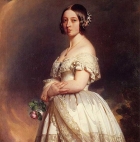
Victorians
ArticleClick to view -
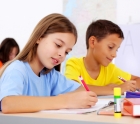
Curriculum planning: How to write a new scheme of work for history
ArticleClick to view -

Churches as a local historical source
ArticleClick to view -
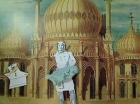
Museums, schools and creativity: How learning can be enhanced
ArticleClick to view -
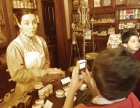
Geosong: a transition project
ArticleClick to view -

Case Study: Hit the net!
ArticleClick to view -

Using museums, libraries and art galleries
ArticleClick to view -

Chronology and local history: Year 6
ArticleClick to view -

William Brookes and the Olympic Games
ArticleClick to view -
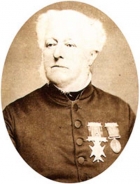
Shropshire's Secret Olympic History
ArticleClick to view -

Local History and the 2012 Olympics
ArticleClick to view -

The History around us: Local history
ArticleClick to view -

Learning to engage with documents through role play
ArticleClick to view -

Saltaire: Planning for an effective learning experience on a living site
ArticleClick to view -

Planning for local history
ArticleClick to view -

Local history fieldwork
ArticleClick to view -

A Local History Toolkit
ArticleClick to view -

Oral history - a source of evidence for the primary classroom
ArticleClick to view -

Introducing local history: the Fusehill Workhouse Project
ArticleClick to view

